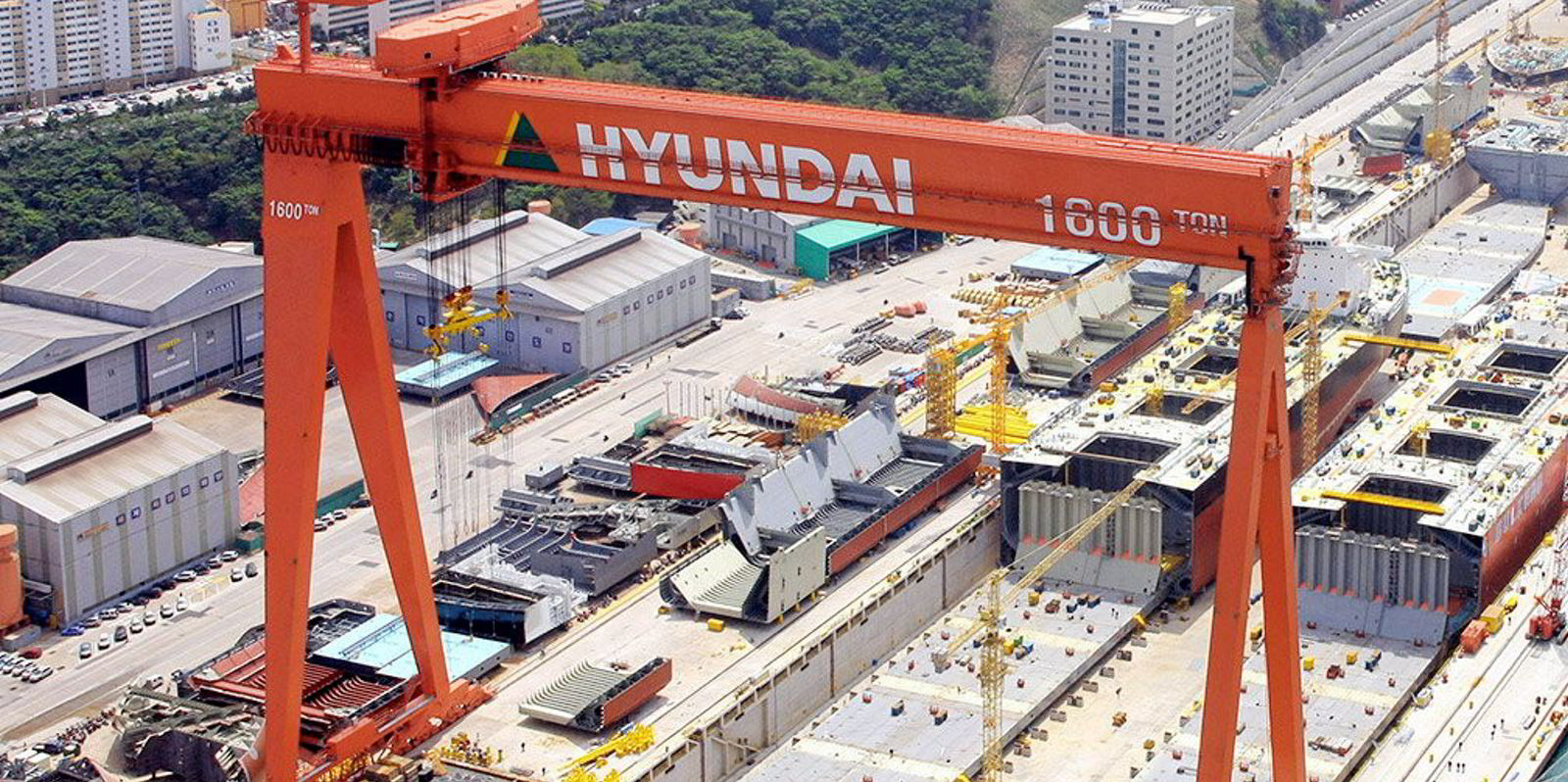As a leading shipbuilding and shipping nation South Korea should be doing more to promote decarbonisation, according to a report from environmental groups.
Solutions for Climate Change and Pacific Environment have released the report urging the country’s government, ports, shipbuilders and shipping companies to make more commitment to the ongoing efforts to decarbonise shipping.
Its release comes as governments meet at the International Maritime Organization, led by secretary general Kitack Lim, to discuss raising the regulator’s decarbonisation targets,
The report, written by Solutions for Climate Change’s John Yum, ranks South Korea as the world’s largest shipbuilder, seventh largest shipping nation and operrating the fourth busiest ports.
It adds 99.7% of the country's imports are carried by ships.
The report, Korea’s Green Shipping Pathways, said: “Given the significance of both shipping and shipbuilding industries for Korea, it is vital for the government and industry to urgently come together to address the climate and transition risks of delayed decarbonisation, and develop proactive strategies to achieve 2025, 2030, 2040 and 2050 decarbonisation targets, in order to respond to escalating costs and pressure under strengthened US and EU environmental regulations.”
The report urges South Korea to make a commitment to zero shipping emissions by 2050, compared to its current position at the IMO of mandating net-zero emissions by 2050.
Zero emissions
South Korea could also introduce a zero emissions at berth policy at its ports and sign up to the Clydebank Declaration to promote international green corridors.
South Korea has already to committed to establishing a green corridor with the US running between Pusan and the port of Tacoma in Seattle.
The report also urges both the government and private industry to increase investment in new green fuels.
“Currently, alternative fuels with promising zero carbon emissions are green hydrogen and green ammonia. However, they are expected to be commercialised at the earliest in 2030. The government must accelerate this process so that green fueled ships will be available prior to 2030,” the report stated.
The report also wants the South Korean government to consider some of the measures included for shipping in the European Union’s emissions trading system (ETS) for inclusion in its own national K-ETS.





